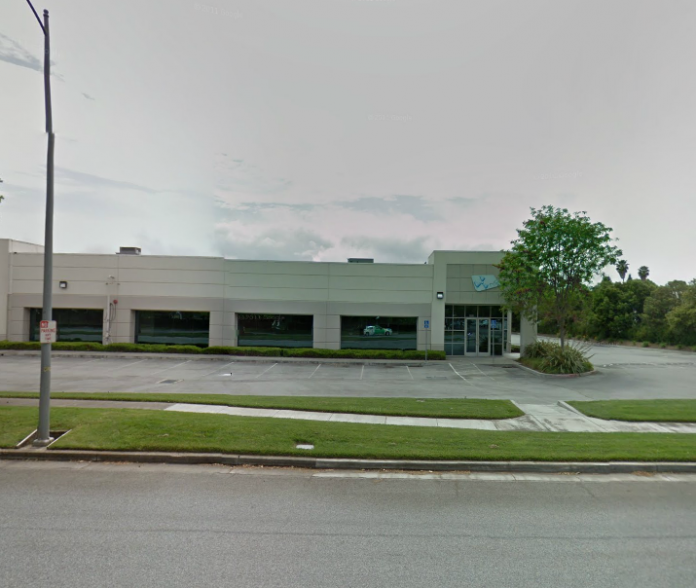
The local Radiation Detection Company located at 8095 Camino Arroyo in Gilroy has entered into negotiations to purchase a building site in Austin, Texas, according to Vice President Ron Smith. The company intends to move its entire operation to the “Lone Star” state in 2014 because of what it views as an unattractive business climate in California.
Uprooting the entire operation will impact the roughly 50 people RDC employs manufacturing radiation protection equipment for workers in the health care industry. The company has been based in Gilroy for 12 years and has operated in Santa Clara County since 1949.
“The company and its employees have enjoyed being good neighbors and citizens in Gilroy,” said Smith.
Around half of the staff are moving with the company to Austin, but that will still leave around 25 employees from Gilroy, Morgan Hill and San Martin without full-time employment, Smith confirmed.
President Tammy Brownlow of the Gilroy Economic Development Corporation is concerned, but not entirely surprised by the news.
“Gilroy has to work within the business climate of the state, which is difficult,” she noted.
Varying state tax rates illustrate what Brownlow and the EDC are up against when it comes to making Gilroy a business hub for Silicon Valley and beyond. The corporate tax rate in California is 8.84 percent, much higher than the one percent franchise tax that Texas levies. In Texas, there is no corporate tax rate and companies pay approximately one percent tax on gross receipts.
Smith said the business-friendly environment in Texas will allow RDC to grow and offer the best possible service to its customers.
“This move will set up the company to even better fulfill its mission for many years to come,” he said.
Smith is quick to point out that it’s through no fault of Gilroy that RDC’s hand has been forced. That honor belongs to the State of California.
“Taxes,” was his grim summation of the problem.
This isn’t the first time that companies have decided to pick up sticks and move on from one state to another for financial incentives. Texas, Nevada, Washington, Florida and the District of Columbia all offer “favorable corporate climates,” according to Smith.
Still, the loss of an established manufacturing company as the EDC battles to draw businesses to the Garlic Capital is tough to deal with, Brownlow admitted.
“It always about the bottom line,” she reasoned.
California does have a lot of incentives to offer companies – world-class research and educational facilities, a thriving business market and big customer base – Brownlow explained, to offset the comparably high tax rate. Still, for manufacturers such as RDC, which can move its expertise to different parts of the nation and not be adversely affected, the pull to relocate is strong.
RDC workers who decline to pick up and move to Austin are able to access California Workforce Investment Boards that aim to get displaced workers back into full-time employment as quickly as possible, said Brownlow.
“They can offer training money,” she added.













